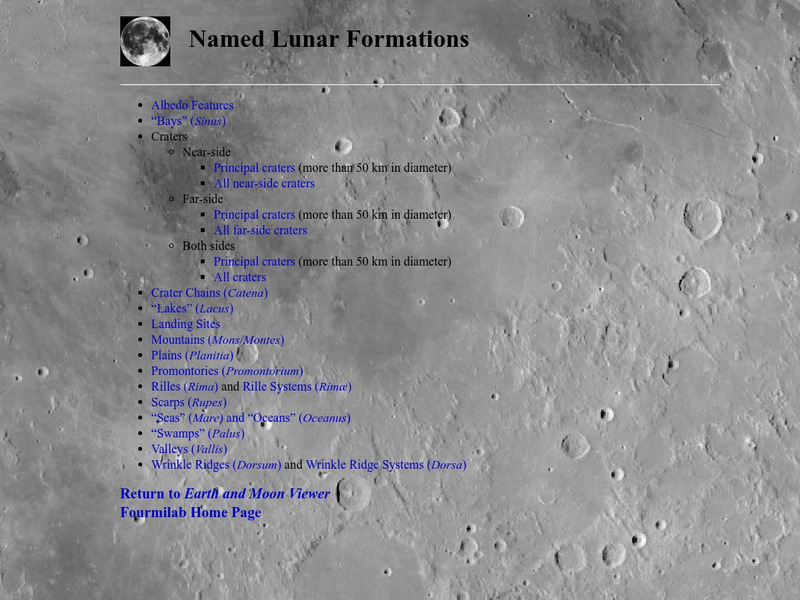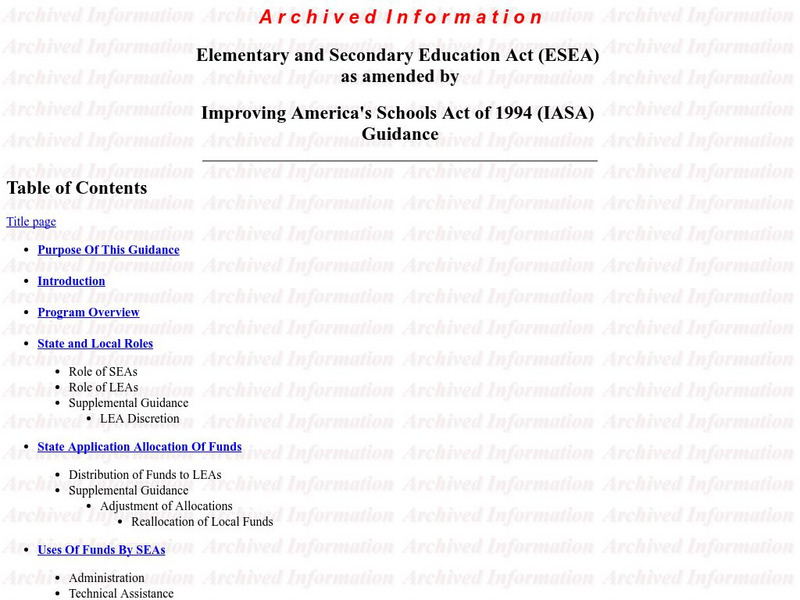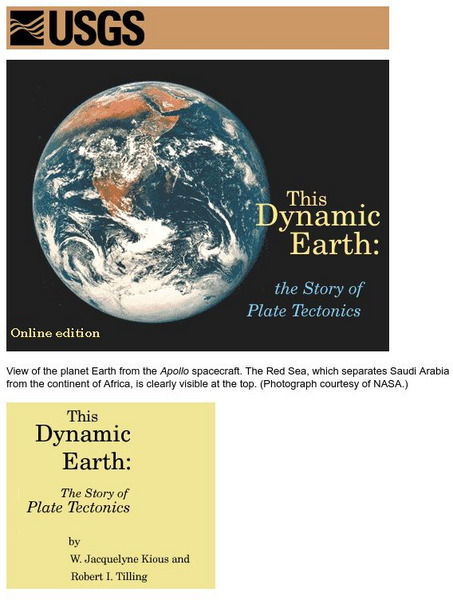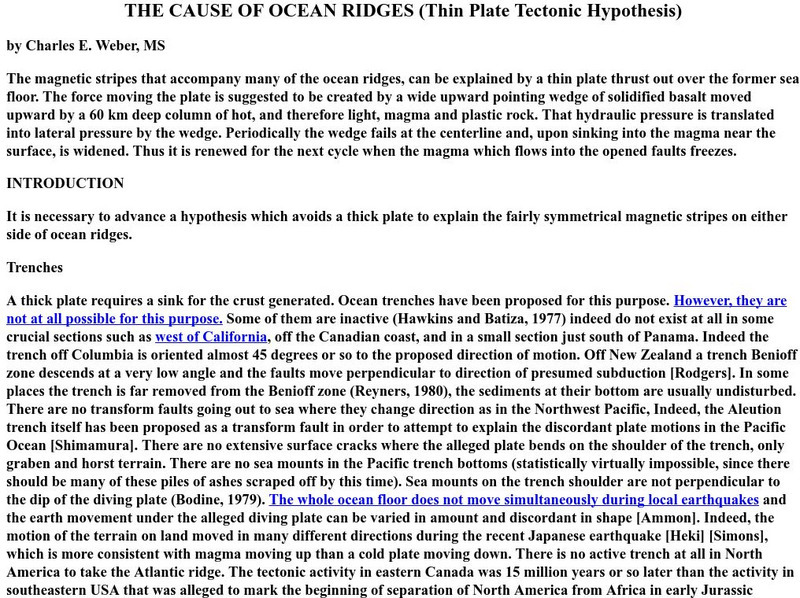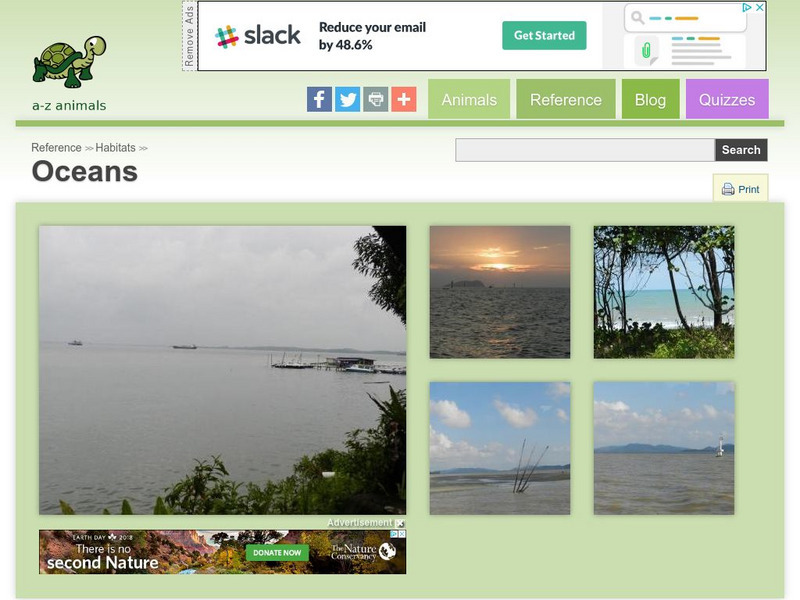Curated OER
Light Up the Deep Sea
Students simulate bioluminescence in the marine environment. In this marine science lesson, students investigate how animals in the deep ocean communicate with each other. They explain the function of bioluminescence among marine organisms.
Curated OER
Still Movement
Students explore constant motion. Using photography equipment and a dark room, students develop photographs that depict motion. Students demonstrate the proper use of photograph equipment.
Curated OER
Sea Secrets
Learners study the following: For centuries, people have been challenged by the mysteries that lie beneath the blue depths of our ocean planet. Very little was known about the ocean until late in the nineteenth century, although nearly...
Curated OER
Are You Related?
Pupils study microsatellite markers and explain how they might be used to identify populations. They use data to make inferences about the populations of deep-sea corals.
Fourmilab Switzerland
John Walker: Named Lunar Formations
This atlas of the Lunar surface features lists all named features. Click on a name and see an image of that item, or at least an image of the Moon centered on that item.
University of California
Mid Ocean Ridge
An article from Scientific American details some recent discoveries about the ridge systems. "New maps reveal striking details of how segments of the Ridge form and evolve."
US Department of Education
Us Department of Education: Esea as Amended by Iasa Guidance
This site is provided by the US Department of Education. The Elementary and Secondary Education Act (ESEA) was amended by the Improving America's Schools Act of 1994 (IASA) to improve our public education system.
The Association of the British Pharmaceutical Industry
Abpi: Human and Animal Habitats
An interactive learning game where students answer whether or not certain environments would be suitable for different animals. Printable worksheets are available for review at the end of the activity.
US Geological Survey
Usgs: u.s. Atlantic Continental Margin Gloria Mapping Program
This site from the U.S. Geological Survey allows you to access detailed images of the continental margin around the United States. There is additional information about the sonar methods used, and a wealth of additional sources listed.
Other
Montauk Historical Society: Montauk Point Lighthouse: Erosion Control
This website explains the problem that erosion has created for this particular lighthouse. There is a detailed explanation of what is causing the erosion and how to fix it.
Smithsonian Institution
National Museum of Natural History: Ocean Planet
Detailed website that was a companion to a 1995 traveling exhibit of the Smithsonian. Links to lesson plans and other educational materials are at the bottom of the page. Enter the exhibition to explore the world of the ocean.
US Geological Survey
Usgs: Plate Tectonics and Mid Oceanic Ridges
Excellent graphics and understandable text about all aspects of plate tectonics including mid-ocean ridges.
PBS
Pbs: El Nino
You can link to the anatomy of El Nino, chasing El Nino, and El Nino's reach. There is a resource page and a search page.
Extreme Science
Extreme Science: Challenger Deep
A short description of the world's deepest ocean trench. Includes diagram and map.
E-learning for Kids
E Learning for Kids: Science: Antilles: How Can We Classify Animals?
Naomi teaches diving and meets all kinds of animals underwater. Join her and learn about grouping animals.
Scholastic
Scholastic: Wild Animal Watch Dolphins
An informative site about dolphins by Scholastic. Great links to activities and games, other web links about dolphins and a teacher page.
American Museum of Natural History
American Museum of Natural History: O Logy: A Sea of Questions About Mangroves
An engaging piece featuring questions that scientists ask when they are researching the seas. Click on the red asterisks and discover even more information!
TED Talks
Ted: Ted Ed: 7 Things We Don't Know About the Ocean
The ocean covers 70% of the planet, but humans still don't know very much about it. In this video, Hank Green from SciShow discusses seven mysterious ocean topics. [10:31]
Other
Ocean Trenches
A rather detailed explanation of how trenches form and why. No graphics, but some interesting explanations as well as links to other sites and extensive reference list.
Other
University of California: Ocean Drilling Program
Scientists probe the ocean floor off Costa Rica and find evidence that may tell us more about what goes on in ocean trenches.
NASA
Nasa: Climate Kids: What Is Happening in the Ocean?
Find out why the oceans on Earth are so vital to the cycling of matter and energy through its spheres.
NASA
Nasa: Climate Kids: Gallery of Oceans
A collection of images showing Earth's oceans and how they are affected by climate change.
A-Z Animals
A Z Animals: Reference: Habitats: Oceans
Learn about the ocean ecosystem, and how its characteristics affect the life within it.






